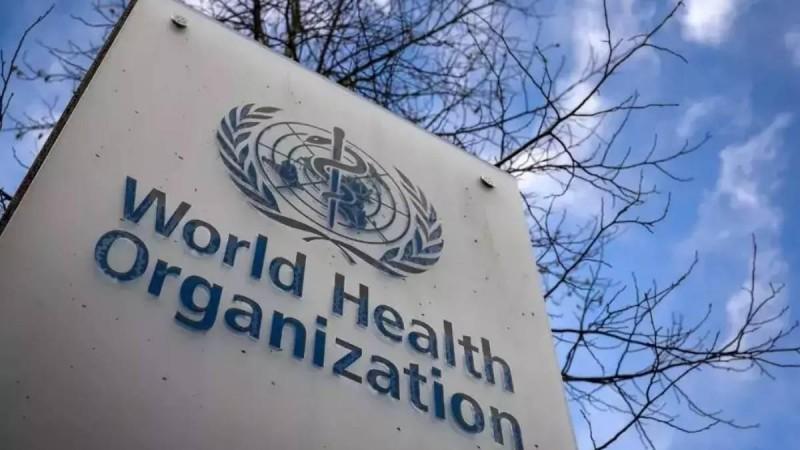
Unsafe food consumption is a global health concern that affects millions of people daily. According to Saima Wazed, the WHO Regional Director for South East Asia, approximately 1.6 million people worldwide fall ill daily due to the consumption of unsafe food. Alarmingly, 40% of these are children under the age of 5, who are already at a higher risk of malnutrition and mortality due to unsafe food.
The issue of food safety extends beyond health. Unsafe food leads to reduced productivity and raises medical costs resulting from foodborne illnesses. This amounts to an estimated annual loss of $110 billion in low-and middle-income countries. The South-East Asia Region, in particular, bears the second-highest health burden, after Africa, due to the consumption of contaminated food. The region experiences an estimated 150 million illnesses and 175,000 deaths every year.
The reasons behind food contamination are multifaceted. The tropical climate, which promotes the spread of pests and advances the formation of naturally occurring toxins, coupled with the impacts of climate change, are significant contributors.

World Food Safety Day: A Call to Action
To address this pressing issue, the United Nations General Assembly established World Food Safety Day, marked annually on June 7. The day was created to draw attention and inspire action to help prevent, detect, and respond to public health threats associated with unsafe food. The theme for 2024 is 'Prepare for the unexpected,' emphasizing the need for proactive measures to ensure food safety in the face of unforeseen challenges.
Governments are urged to develop and regularly test the effectiveness of national food safety emergency response plans. Producers or food business operators are responsible for implementing and updating food safety management plans. Consumers, on the other hand, are encouraged to empower themselves by practicing safe food handling at home and reporting a food safety incident.
The importance of food safety extends beyond individual health. It is also a critical factor for economic stability and development. The value of trade in food is US$ 1.6 trillion, approximately 10% of total annual trade globally. Ensuring the safety of this food is not only a health concern but also a crucial factor for economic stability and development.
Historical Perspective on Food Safety
The issue of food safety is not a new one. In the past, there have been numerous instances where the safety of food has been compromised, leading to widespread illness and even death. For instance, the 2018 Political Declaration affirmed that interventions should focus on the five main non-communicable diseases (NCDs)—cardiovascular diseases, diabetes, cancer, chronic respiratory diseases, and mental health and neurological conditions—and five main risk factors: tobacco use, unhealthy diet, harmful use of alcohol, physical inactivity, and air pollution.
In conclusion, the safety of the food we consume is a matter of global concern. It is a collective responsibility that requires the concerted efforts of governments, producers, and consumers. As we mark World Food Safety Day, let us remember that the safety of our food is not just about what we eat. It is about the health of our communities, the stability of our economies, and the sustainability of our planet. The collective effort towards ensuring food safety is not just a necessity, but a responsibility we all share for a healthier and safer future.

















